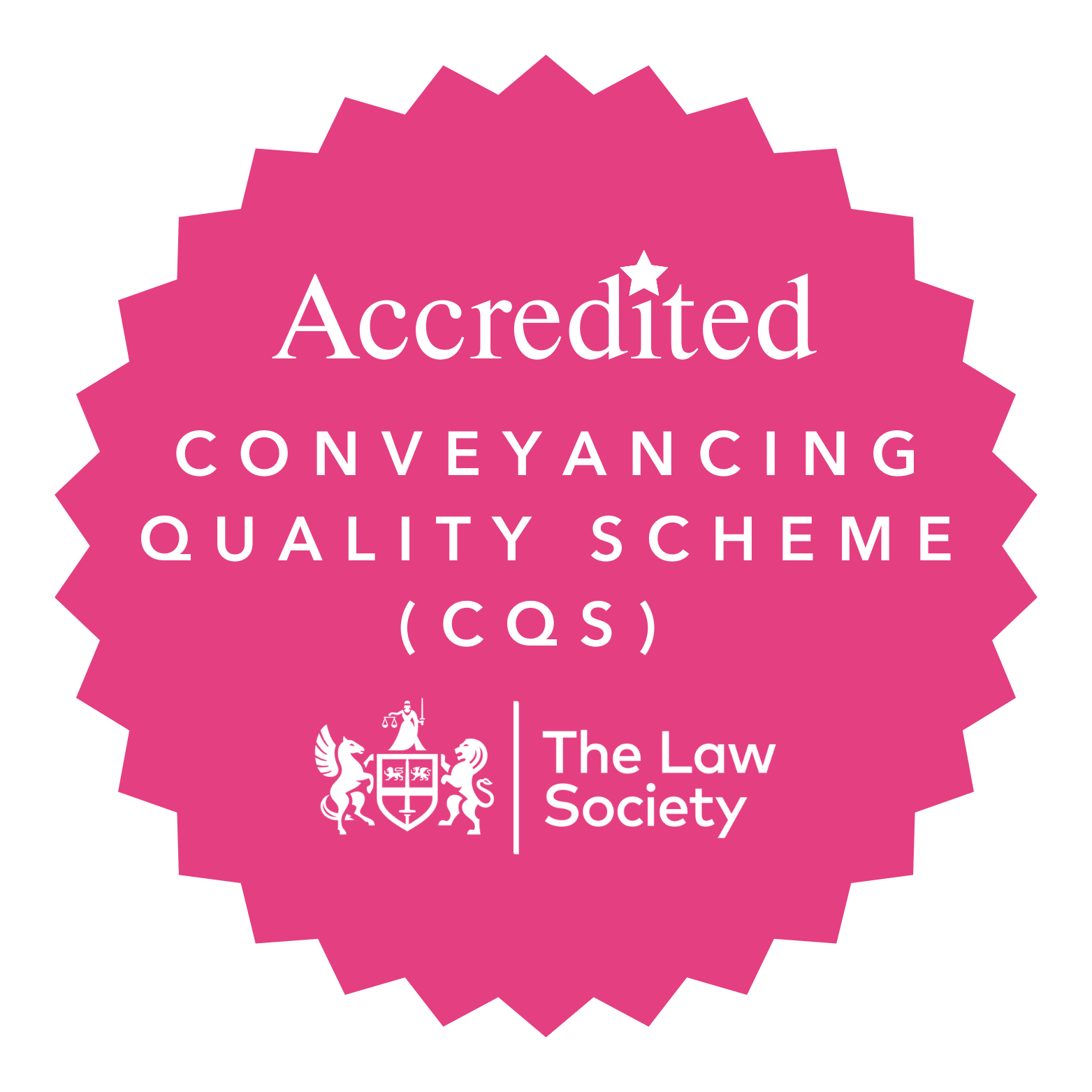If businesses do not protect their Intellectual Property Rights (“IPR”) they will easily fall into the public domain resulting in the potential value in exploiting such items being diminished or lost. However, if the appropriate steps are taken at the correct time then the IPR can be protected.
IPR can be embodied within a surprisingly diverse range of items, such as:
- brands and logos;
- artistic works such as photographs, music, films, literary pieces, pieces of art and graphic works;
- databases;
- coding for computer and other Information Technology programs;
- scientific and technical processes;
- the ‘get-up’ of products including their packaging; and
- confidential information.
IP falls broadly into two categories; Registered and Unregistered rights. Registered rights require an application to an official body to be granted. Then, even when granted, the IPR may still be challenged. Registered rights include trade marks, patents, brands and logos, coding for computer programs, processes and registered designs. These may be protected by Registered trade marks or patents. Unregistered rights require no such application, they arise automatically in law. Unregistered rights include copyright, confidential information, rights in unregistered trade marks and unregistered designs. Artistic works, databases, product get-up and confidential information can be protected automatically by certain pieces of legislation.
IP plays a fundamental role in every business. But IP is often misunderstood and is easily overlooked. However, failure to protect IP can place a business at risk and allow others to take a competitive advantage.
A basic understanding of the law and its principles will enable a business to make the most of the mechanisms designed to protect IPR. For example, a business can protect:
Due to the fact that IPR are rights relating to intangible property, it is often difficult to appreciate their true value. IP law is all about the protection of rights granted to the creators and owners of works including brand identity, creations, inventions and Information Technology software. The works can be in industrial, scientific, literary or artistic areas.
Protecting a business’ IP is highly important for its success. The better a business protects its IP, the easier it is to enforce its IPR. If others try to copy anything that has been protected or use it without permission, this is an act of infringement and appropriate recourse and remedies can be sought.
In addition, once the correct safeguards are in place, it is possible to buy, sell, franchise, license and otherwise exploit IPR, and to also protect a business against others copying, exploiting, stealing or misusing protected branding, creations and ideas with the law being there in support.
As well as making sure that a business protects its own IP, it should just as carefully make sure that it does not infringe a third party’s rights. Like any other form of property, you can buy, sell and licence IP. If you want to use another’s IP, you may be able to negotiate and come to an agreement, which should then be embodied in a formal written contract.
Our IP specialists are able to assist in identifying relevant IP and guiding businesses through a programme to maximise its future protection. Our IP services include specific issue and consultancy overview advice and assistance on IP identification, awareness, protection, and commercial exploitation through licensing, distribution, agency, franchising and other commercial outlets, including concerning:
- Patents for inventions and scientific and technical processes.
- Trade marks for brands and logos.
- Domain names.
- Copyright for artistic output and software programs.
- Database right for collections of information.
- Passing off for the “get-up” of products including their packaging.
- Confidential information and know-how.
At Franklins Solicitors LLP, we endeavour to protect the IP of our clients. We also ensure that where clients instruct us in relation to infringement matters, we provide a flawless service in proceeding with the management of the matter in a professional and experienced manner. We appreciate the importance of protecting IP and are determined to work against IP crimes.
Seek Expert Legal Advice
Protection of IPR should be one limb of a three-tiered business approach to IP involving protection, enforcement and exploitation. Businesses should acquire expert legal guidance from Solicitors who specialise in:
- Securing IPR and brand protection, including making national and international trade mark applications.
- Enforcing IPR. Upon detection of an infringing activity, Solicitors can prevent and discourage further infringements of rights, as well as obtain monetary damages, through methods of negotiated settlement, alternative dispute resolution and commercial litigation.
- Commercialising IPR. This can include structuring licensing strategies, negotiating and drafting contracts, advising on joint ventures and distribution and agency agreements, as well franchising.
At Franklins Solicitors LLP, our Business Services and Litigation teams work closely together to advise both businesses and individuals on all aspects of the protection and enforcement that can be afforded to their branding, creations and ideas from both non-litigious and litigious perspectives. In addition, the Firm’s Business Services team can offer sound commercial advice as to the various methods of exploiting IPR including agency, distribution, sponsorship, franchising and other licensing arrangements. As such, the Firm is well placed to provide strategic advice as to the availability of IP protection and then how to identify and manage potential infringement.













